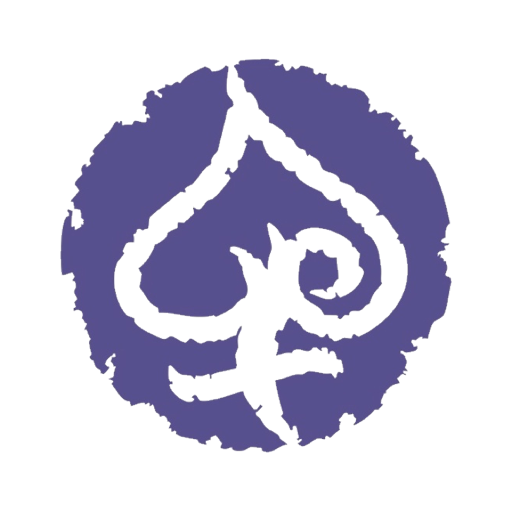Foreword
Preface
Ambassador Delia Domingo Albert
Introduction
Maria A. Beebe, Ph.D., with Glenda Tibe Bonifacio, Ph.D. and Vangie Meneses, Ed.D.
Leading the Filipina Women’s Network (FWN)
1- Marily Mondejar
Owning Your Influential Power as a Leader
2- Francine Maigue
Becoming a Global Pinay Powerhouse
Disrupting Disruptions
3- Juanita Nimfa Yamsuan Gamez
From Travails to Success: Caring Leadership
4- Trish Quema La Chica
Surviving San Francisco: How I Landed My Dream Job at 28
5- Rocio Nuyda
Rocio, A Morning Dew
6- Johanna Melissa Disini Orquiza
The Big Bang
7- Maria Nieves Santos-Greaves
Learning Management from the Most Unlikely
8- Benel Se -Liban, with Cris Liban
A Life That Matters
9- Dolly Pangan Specht
Servant Leader
Disrupting the Status Quo
10- Aurora Abella-Austriaco
Being A Filipina Litigator in a Sea of Dark Blue Suits
11- Amelia Baria Alado
An Ilongga’s Global Journey
12- Vivian Zalvidea Araullo
Rock the Boat but Stay on Course
13- Thelma B. Boac
From my Two Mothers: A Legacy Borne
14- Glenda Tibe Bonifacio, Ph.D.
Legacy in the Academe: Integrated Activism for Social Justice
15- Salve Vargas Edelman
To Dream the Impossible, Begin to Make it Possible
16- Michelle Florendo
The Old Rules No Longer Apply
17- Arlene Marie “Bambi” A. Lorica, M.D.
SHE-pherding: Leading from Behind
18- Mutya San Agustin, M.D.
Revolutionizing the Health Care Delivery System
19- Josefina “Chef Jessie” Sincioco
Saying “Yes” To God’s Will
BECOMING STRATEGISTS
20- Isabelita Abele
Going Against the Grain
21- Sonia L. Aranza
Transformational Leadership Begins Within
22- Judy Arteche-Carr
Leading by Example
23- Elizabeth Bautista
Synergistic Change
24- Gloria T. Caoile
Beyond Our Dreams
25- Evelyn Dilsaver
Leadership. Power. Influence
26- Josephine Romero
15 to 51
27- Myrna Tang Yao
Leading One to Many
LEADERSHIP FOR SUSTAINABILITY
28- Emma Imperial
Leading for Sustainable Solar Powered Housing Community
29- Janice Lao-Noche
Disrupting the Stereotype: Being You
30- Vina Lustado
Dream Big; Live Tiny
ACROSS-GENERATIONS: MOTHERS AND DAUGHTERS
31- Maria Africa Beebe, Ph.D.
Developing a Leadership Repertoire
32- Elena Mangahas
Elena Mangahas and Daughters
33- Ma. Alcestis “Thetis” Abrera Mangahas
A World Citizen
34- Marie Claire Lim Moore
Positively Filipina
35- Gizelle Covarrubias Robinson
Roots and Wings
Synopsis
Acknowledgements
Appendices
Appendix A: References
Appendix B: Additional Web-based Resources
Appendix C: FWN Award Categories
Appendix D: List of FWN Awardees (2007-2016)




















